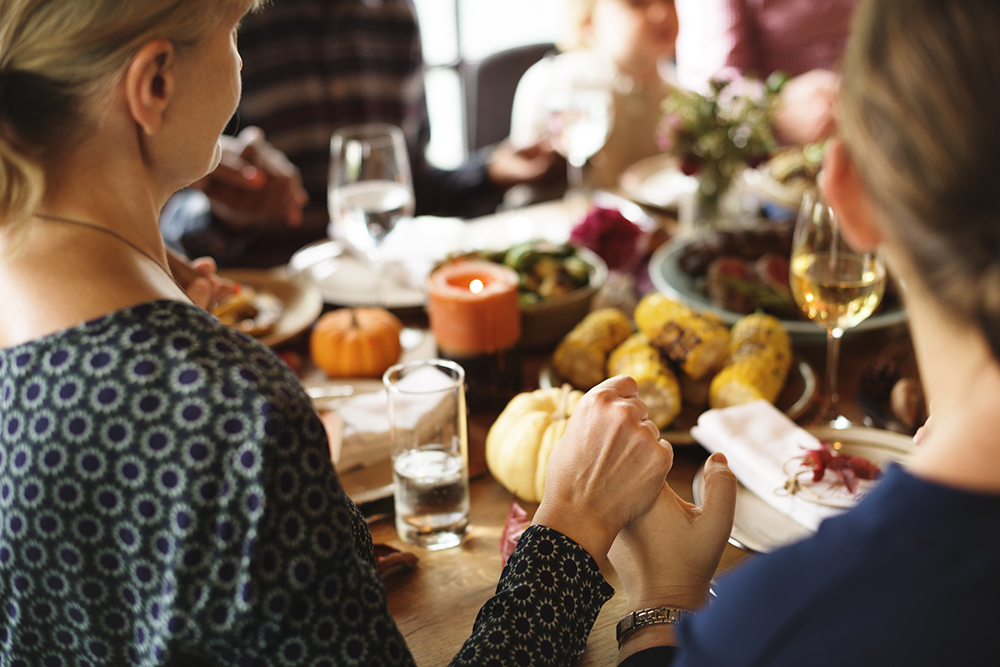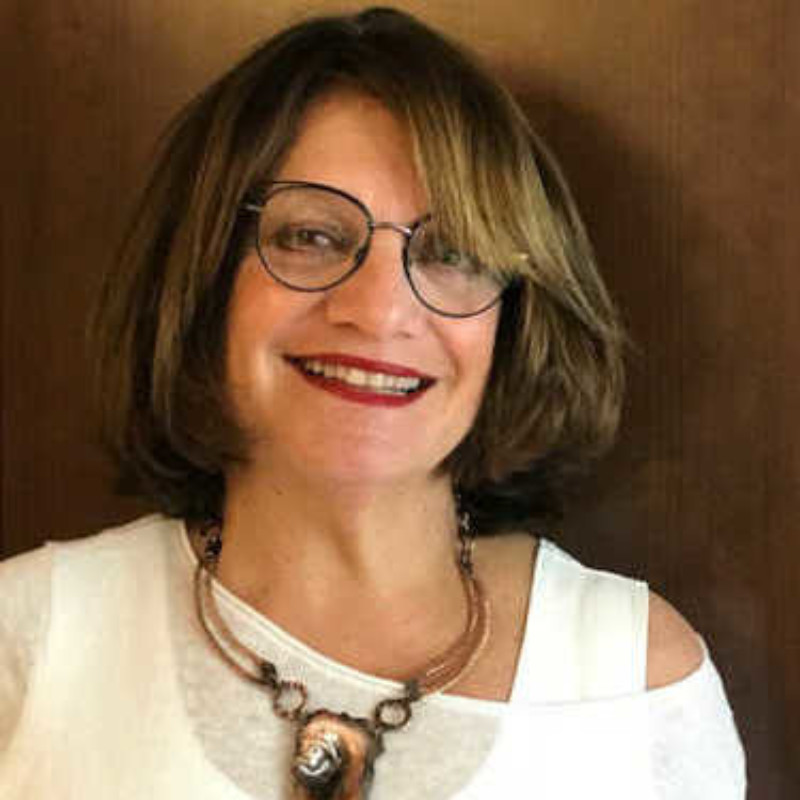
It was a routine physical. My 57-year old sister’s South Florida internist looked over the results of her blood work and said, “You have slightly abnormal thyroid levels. To be on the safe side, I’m going to refer you to an endocrinologist.”
Three weeks later, the soonest appointment available, she saw the doctor. “I’m glad you came in. You have nodules, that’s common. But, because two of them are large, we need to do a biopsy. Schedule an appointment with my assistant.”
Later, when I grilled her for details, she confessed, “After the word biopsy, everything else sounded like ‘wah wah wah.’”
She had to wait another three weeks for the procedure, six weeks since her appointment with the internist. I had visions of lascivious malignant cells fornicating without protection. I wanted to fly her to me in Baltimore.
During the waiting period, we talked many times a day. We spoke in code.
“How’s it going?” Code for: Are you freaking out?
“I’m okay.” I’m freaking out.
“Whatever happens—you’ll be fine.” I’m praying.
“There’s nothing worse than waiting.” I feel out of control.
“I know.” There is a lot worse.
I wasn’t supposed to have to worry about her. My sister is petite, beautiful, and fit. She drinks vegetable smoothies for breakfast and carries weights when she speed-walks. She can wear the jeans that fit her in college. Although I’m only eight years older, people have mistaken me for her mother. Nevertheless, I adore her.
Stepping into big sister mode, I became an internet expert at thyroid cancers. I learned, if we had to pick a cancer, this was a top contender—it had an excellent prognosis. But I also read stories of radiation isolation, invasions into lymph nodes, and other nasty outcomes.
I offered to fly down and hold her hand during the procedure. But she said, “It’s no big deal.” A dozen needles into her neck later, it was a little deal. Despite her attempt to fish for information, the doctor refused to bite. He said that she had to wait another week to see if the nodules were cancerous. And he added, “I don’t give results over the phone. You need to make an appointment and meet with me in my office.”
Did that mean he thought there was a problem?
During the last week of our vigil, I tried to distract her by steering our conversations to Thanksgiving. We were planning to celebrate at her house in Miami. As a practicing perfectionist, she obsessed over the menu. Should she serve a filet along with the turkey? Yes. Do we need both mashed potatoes and sweet potatoes? Yes. We were weighing Brussels sprouts versus string-bean casserole when she blurted out, “I’m telling you now, if the biopsy is positive, we’re having store-bought stuffing.”
It was her first taste of the reality of mortality.
A week later, the day of her 4 p.m. appointment with the endocrinologist, I knew she was leaving work by 2. I thought, “I shouldn’t call her. I need to give her some space.” Five minutes after two, she called me. “I’m thinking of taking a half of Xanax.”
“Why wouldn’t you? I want a whole one.”
The leaves had transitioned from greens to reds, oranges, and yellows since the day of her physical. To me, they had a dull sheen this year. During those seven weeks, I hedged before committing to plans: I wanted to be available if my sister needed me. And for seven weeks I repeated, several times a day, “She will be fine. She will be fine.”
I also felt selfish. I had indulged myself in possibilities—when so many others were dealing with actualities: dire diagnoses and loss. Nevertheless, this was my sister and it was 4 o’clock. I imagined her, squeezing her husband’s hand, trying to appear brave, as she sat in a brown vinyl arm chair across the desk from her doctor.
To escape from my illusions and burn off some energy—I took my dog for a walk. Ten minutes later, the ding of a text. I inhaled a deep breath of hope. Then read, “I’m fine. It’s negative. And he’s not concerned about the thyroid levels.”
As planned, we will have Thanksgiving at her house in Miami. We will give thanks that she is healthy; thanks for all that is good. And we will pray for the many families with tragedies covering their own holiday tables.
Once my sister sampled the precariousness of life, she could not spit out the taste. So yes, she will make the turkey, filet, and Brussels sprouts. But she’ll give herself a break and order the stuffing.
